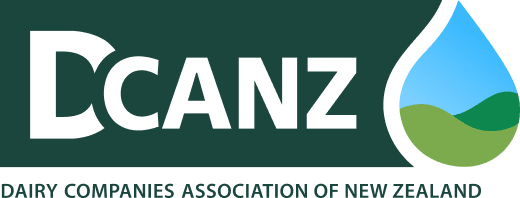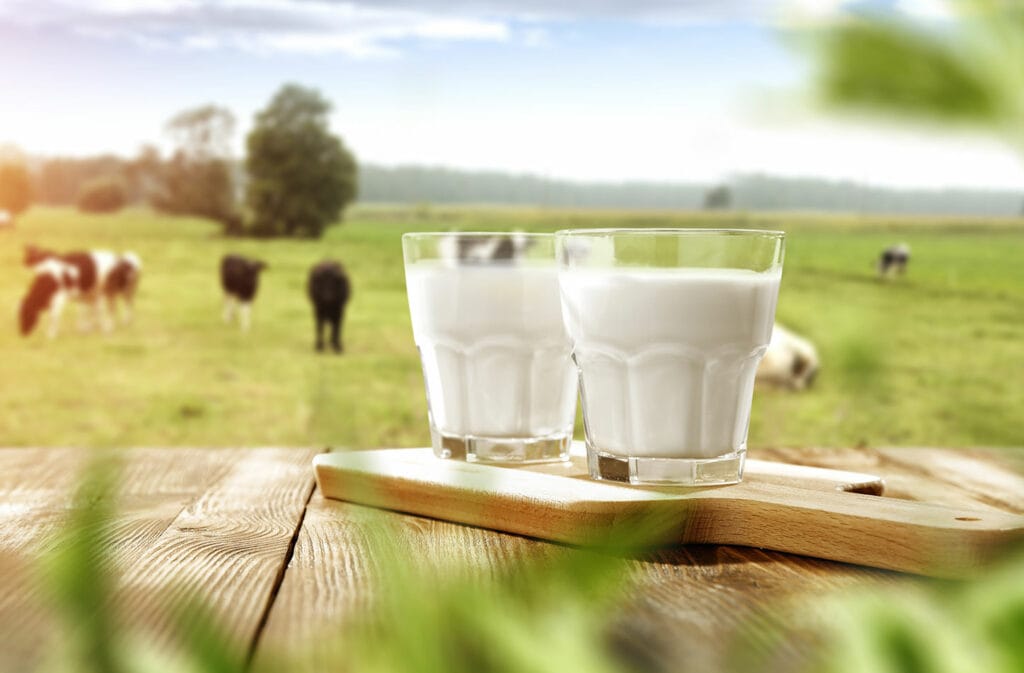Milk continues to prove the vital part it plays in the health of New Zealanders and of billions of people around the world, says the Dairy Companies Association of New Zealand (DCANZ).
Today is World Milk Day, which is celebrated around the world to mark the contribution of dairy to the global food system.
DCANZ Executive Director Kimberly Crewther says milk’s contribution to health is well worth celebrating.
“As a nutrient-dense food it’s an important part of a healthy, balanced diet, not just for Kiwis of all ages, but also for people globally, including those in the more than 120 countries New Zealand exports dairy products to.”
Milk is a nutritional powerhouse with over 10 essential nutrients. Just one glass of milk delivers 35% of daily calcium, 40% of vitamin B2, and 37% of vitamin B12 requirements, along with high-quality protein. Together, these nutrients support healthy bones, teeth, muscle function, skin, eyes, nervous system, and overall healthy growth and aging.
“That’s a massive amount of goodness in such a small – and tasty – serve.
“New Zealand’s most recent nutritional survey showed that in Kiwi diets, milk is the No 1 contributor of calcium, vitamin B2, and vitamin B12, and is the No 2 source of protein.
“Globally, milk contributes 49% of dietary calcium supply, 24% of vitamin B2, and 12% of protein, and is overall a top 5 source for 23 nutrients. This nutrient density means milk and dairy products have an important role to play in the global fight against malnutrition.”
“Despite the impacts of strong global demand on dairy prices, at current prices, Kiwis can consume a serving of milk, cheese, and yoghurt for as little as $2 a day and in doing so receive more than a third of the recommended protein and more than three-quarters of recommended calcium needs.
“That works out at an impressive nutritional outcome for the investment of just 15% of the average weekly food bill of $475 for a family of 5, as reported in the latest (2023) Household Expenditure Statistics survey”
Also, according to the Food and Agriculture Organisation (FAO), dairy consumption reduces the risk of all-cause mortality, hypertension, stroke, type 2 diabetes, colorectal cancer, breast cancer, obesity, and osteoporosis in adults.
A 2018 study of children aged 1-12 years across Malaysia, Indonesia, Thailand and Vietnam also found the prevalence of stunting is significantly less in those who consume dairy every day compared to those who do not consume it at all.
Recognition of dairy’s nutritional goodness is fuelling demand growth globally and adding significantly to the industry’s economic contribution to New Zealand.
“The value of dairy exports increased by $3.5 billion in the year to April 2025, to $26.8 billion. That equalled one-in-every-three dollars New Zealand earnt from all goods trade, with the economic benefits flowing through the economy as farmers and dairy companies purchase goods and services from thousands of other companies.
“DCANZ thanks the thousands of people throughout New Zealand who support and contribute to this positive contribution.”

